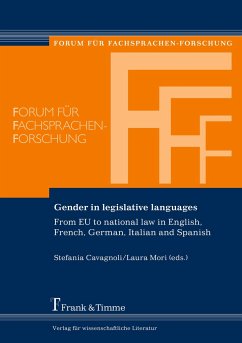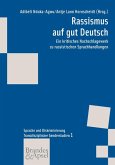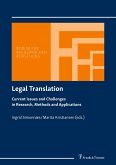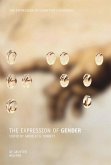Legislation is characterized by a high degree of linguistic conservatism. So, despite existing EU and national guidelines, inclusive choices are still limited in legislation at both levels. An introduction to the topic of gender in language and in legal language opens the volume, focusing on the EU dimension and on the language policies of England, France, Germany, Italy and Spain. In the following, five sociolinguistic contexts are described, and three Romance, and two Germanic linguistic traditions are compared through qualitative and quantitative corpus analyses based on the same corpora and consistent methodological guidelines. These studies aim at highlighting the presence or absence of a gender-neutral language in European and national laws.
Bitte wählen Sie Ihr Anliegen aus.
Rechnungen
Retourenschein anfordern
Bestellstatus
Storno








